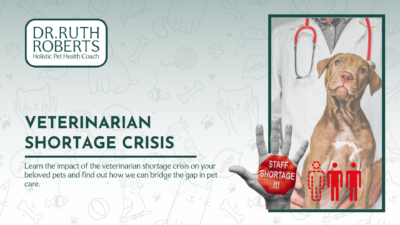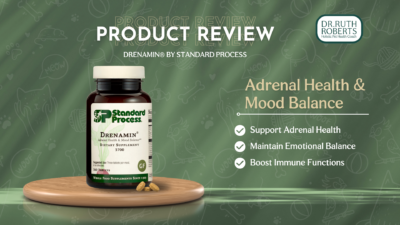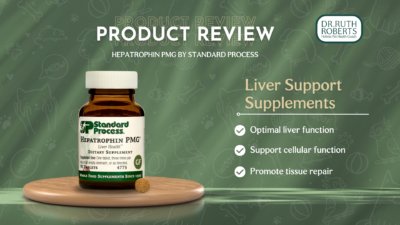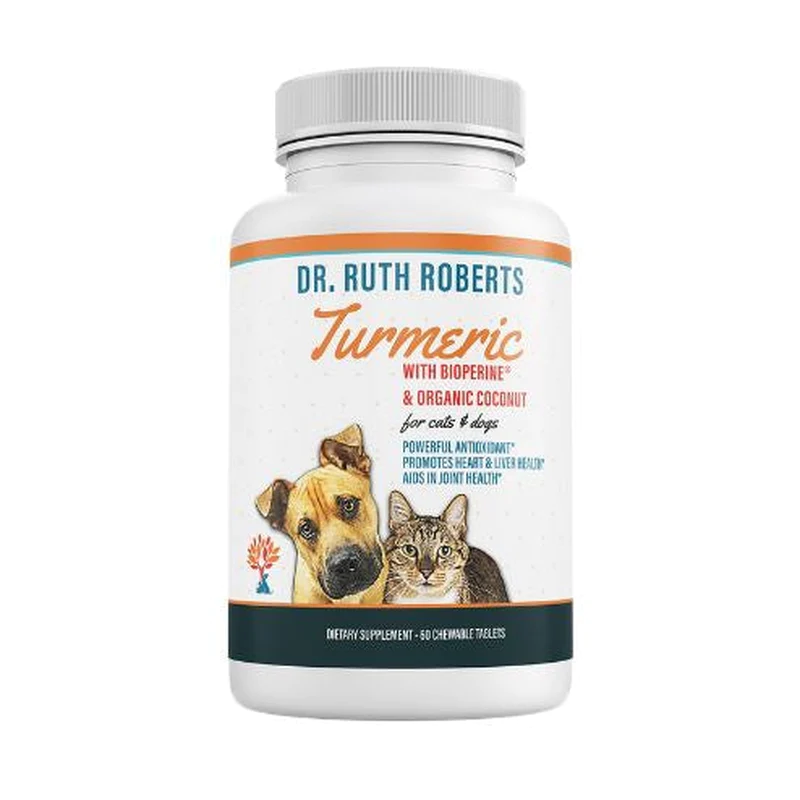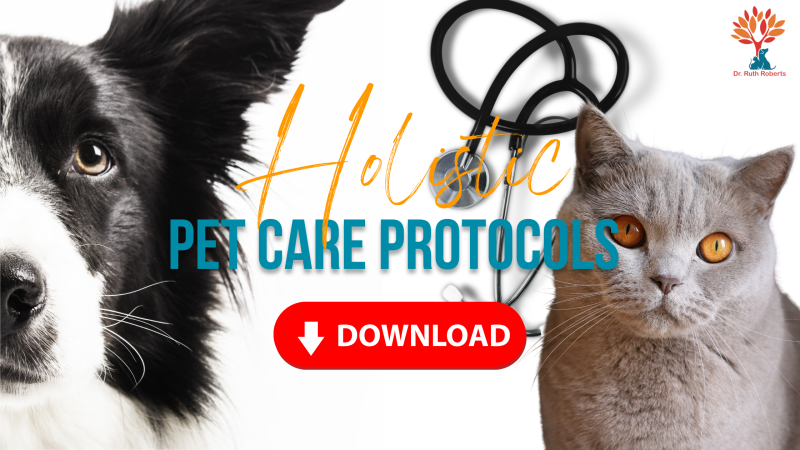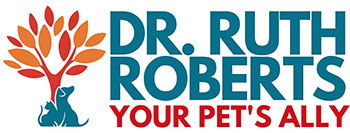
There are several forms of dog heart disease, or congestive heart failure, that can affect your beloved pooch. Knowing the signs or symptoms, and understanding what causes them, can help you get your pet the right treatment sooner.
Are there different types of heart disease in dogs?
Just like in us humans, dog heart disease can be caused by different defects. The result is the same: congestive heart failure (CHF). CHF occurs when the heart cannot pump adequate blood to the body.
As much as 80% of congestive heart failure in pups is caused by valve disease. More specifically, a leaky mitral valve, or mitral valve insufficiency (MVI). MVI can occur on either the right or left side of the heart, with different effects and symptoms.
Other causes of heart disease in dogs include cardiomyopathy (a weakening of the heart muscles), irregular rhythm or narrowing of major blood vessels.
What are the symptoms of heart disease in dogs?
The symptoms of heart disease in your dog will vary, depending on which side of their heart is affected. So let’s break it down first.
Left-sided congestive heart failure
LS-CHF occurs when a leak in the left mitral valve causes blood to back up in the lungs, instead of being pumped through to the body’s systemic circulation. This backup causes fluid to seep into the lung tissue, and causes what is known as pulmonary edema. Pulmonary edema, along with an enlarged heart that pushes on the trachea, will cause the common symptoms of dog heart disease: coughing and difficulty breathing.
Right-sided congestive heart failure (RS-CHF)
RS-CHF occurs when the flow of blood is backed up in the opposite direction as previously described. When the right mitral valve springs a leak, blood that is supposed to travel to the lungs for reoxygenation will instead leak back into the main circulation of the body (becoming “congested”). This congestion causes fluid to leak into the abdomen. If the abdomen fills with fluid, the organs in that area can often malfunction or even fail.
RS-CHF can also cause fluid to leak from the veins in the extremities, resulting in swelling called peripheral edema.
Look for these symptoms of dog heart disease in your pup, and call your vet right away if they appear:
- Coughing (especially when they are asleep or at rest)
- Difficulty breathing
- Excessive panting
- Fatigue or loss of stamina (Fido doesn’t want to play or walk like he used to!)
- Swollen belly or limbs
- Persistent appetite loss
- Pale or bluish gums
- Weight loss or muscle wasting (caused by the effects of CHF on other body systems)
How will my vet diagnose my dog’s heart disease?
 If your veterinarian suspects dog heart disease to be the culprit of your pup’s malaise, he/she might conduct any or all of the following diagnostics. Performing these tests is absolutely vital to getting your pooch the correct treatment for their specific form of heart disease.
If your veterinarian suspects dog heart disease to be the culprit of your pup’s malaise, he/she might conduct any or all of the following diagnostics. Performing these tests is absolutely vital to getting your pooch the correct treatment for their specific form of heart disease.
Auscultation: a fancy word for listening to your dog’s heart with a stethoscope. Your vet will listen to the rate and rhythm of your dog’s heart, and also detect the presence of a murmur. The lungs will also be assessed for any changes or irregularity.
Chest X-Rays: the size and shape of your pup’s heart will be checked, as well as their lungs. Your vet will be able to evaluate the presence or accumulation of any fluid in the lungs or chest cavity.
Blood and Urine Tests: liver and kidney function can often be affected by CHF, so these test will reveal any damage to these vital functioning organs.
Electrocardiograph (ECG): more specifically measures the rate and rhythm of your dog’s heart, detecting any arrhythmia or dysrhythmias.
Ultrasound exam (echocardiogram): evaluates the size and thickness of the chambers and muscles in the heart. This will also measure how efficiently the heart is pumping, or contracting.
How can dog heart disease be treated?
After your veterinarian performs some or all of the above tests, he/she will determine the best plan of action. Your pup may be prescribed one or more medications or supplements.
The first thing you can do to help your pup feel their very best is to get them eating right. Choosing The Original CrockPET Diet is a guaranteed way to know that your dog is getting sufficient hydration and nutrition to help their heart heal and function better. A high-potency fish oil will deliver important omega-3 fatty acids, fighting inflammation and helping healthy cells to rebuild. Adding a quality probiotic to your dog’s healthy diet will also help their gut function well, improving the absorption of vitamins and minerals. A healthy gut makes a happy body.
With proper and consistent treatment, dogs with heart disease can lead very happy lives, especially if it’s caught early on. So don’t hesitate to talk to the doctor if your puppy begins to show signs of dog heart disease. Always follow your veterinarian’s recommendations and instructions carefully, but remember: Your Pet’s Best Health Begins in the Bowl!


